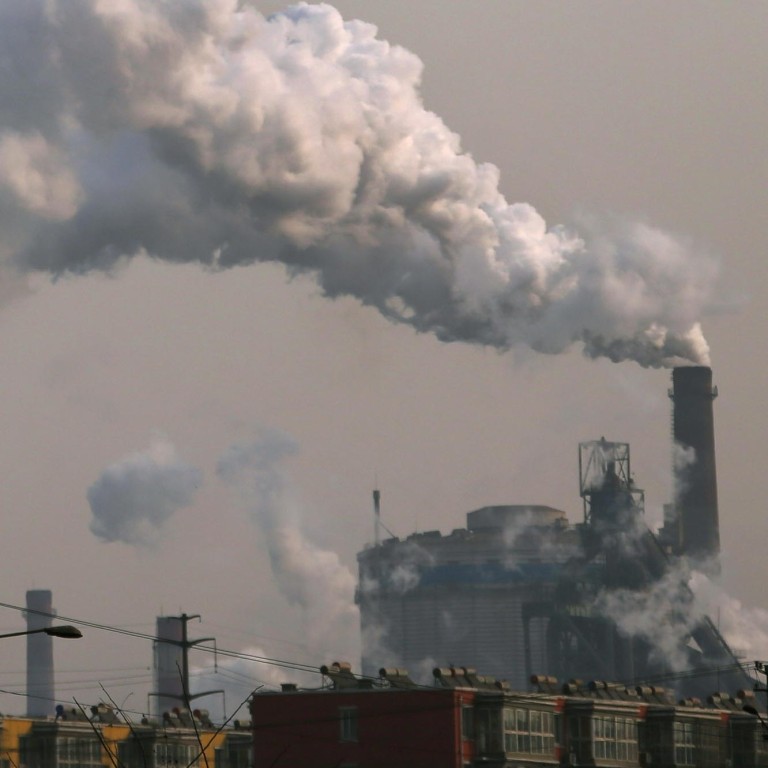
Premier Li Keqiang gives nod to nuclear power plants
Premier Li Keqiang has ordered work to start on a batch of major environmentally friendly power generation projects, including nuclear plants, to help stabilise slowing economic growth and provide ammunition to his "war" against air pollution in cities.
Premier Li Keqiang has ordered work to start on a batch of major environmentally friendly power generation projects, including nuclear plants, to help stabilise slowing economic growth and provide ammunition to his "war" against air pollution in cities.
He made the remarks, posted on the government's website, after convening the first meeting of the National Energy Commission under Li and President Xi Jinping's leadership.
"Now is the time to start a batch of major [power generation] projects," Li said. "This is not only a key measure to help stabilise economic growth and enhance energy self-sufficiency, it is also an effective way to adjust our energy structure and transform the way our economy is being developed."
He said construction of nuclear power plants should be resumed in eastern coastal regions "at the appropriate time", provided safety is ensured.
If residents' resettlement and environmental protection are taken care of, a "reasonable" number of hydropower plants should be built "in an orderly manner" while the construction of solar and wind power projects and related power distribution infrastructure should also be strengthened, Li added.
He did not give details of the scale of the new projects to be built.
The mainland's economic growth slowed to 7.4 per cent in the first quarter, the slowest since 2012. Li has resisted calls for a strong stimulus, but has rolled out a mini package that will cut taxes for small firms, speed up railway construction in underdeveloped regions and renovate shanty towns.
The required share of funds parked by rural lenders at the central bank as reserves has also been cut to boost money supply.
Beijing suspended approvals for all nuclear power plants shortly after the Fukushima nuclear disaster in Japan on March 11, 2011, pending the outcome of a nationwide inspection of nuclear projects.
The ban on the construction of coastal nuclear plants was subsequently eased but in October 2012, the State Council reaffirmed the ban on inland nuclear plants until 2015, citing higher risks in landlocked areas.
Other initiatives Li mentioned include construction of long-distance, high-capacity ultra-high-voltage power transmission lines, to send excess power from energy-rich but sparsely populated western and northern regions to energy-hungry eastern and southern coastal regions.
Most of the mainland's hydro, wind and solar resources are in remote western and northern regions, which require efficient mass transmission to the east and south.
The adoption of electric vehicles and high-efficiency cleaner-burning coal-fired power plants should also be sped up, while outdated, pollution-prone units should be "resolutely" closed or upgraded, Li said.
He also said the long-awaited reform, first mulled in 2007, of the coal-resource tax from a per-tonne basis to one charged as a percentage of sales revenues, should be "deepened".
The reform was implemented in Xinjiang Uygur autonomous region in 2010, but it has yet to be launched in other provinces and regions.

